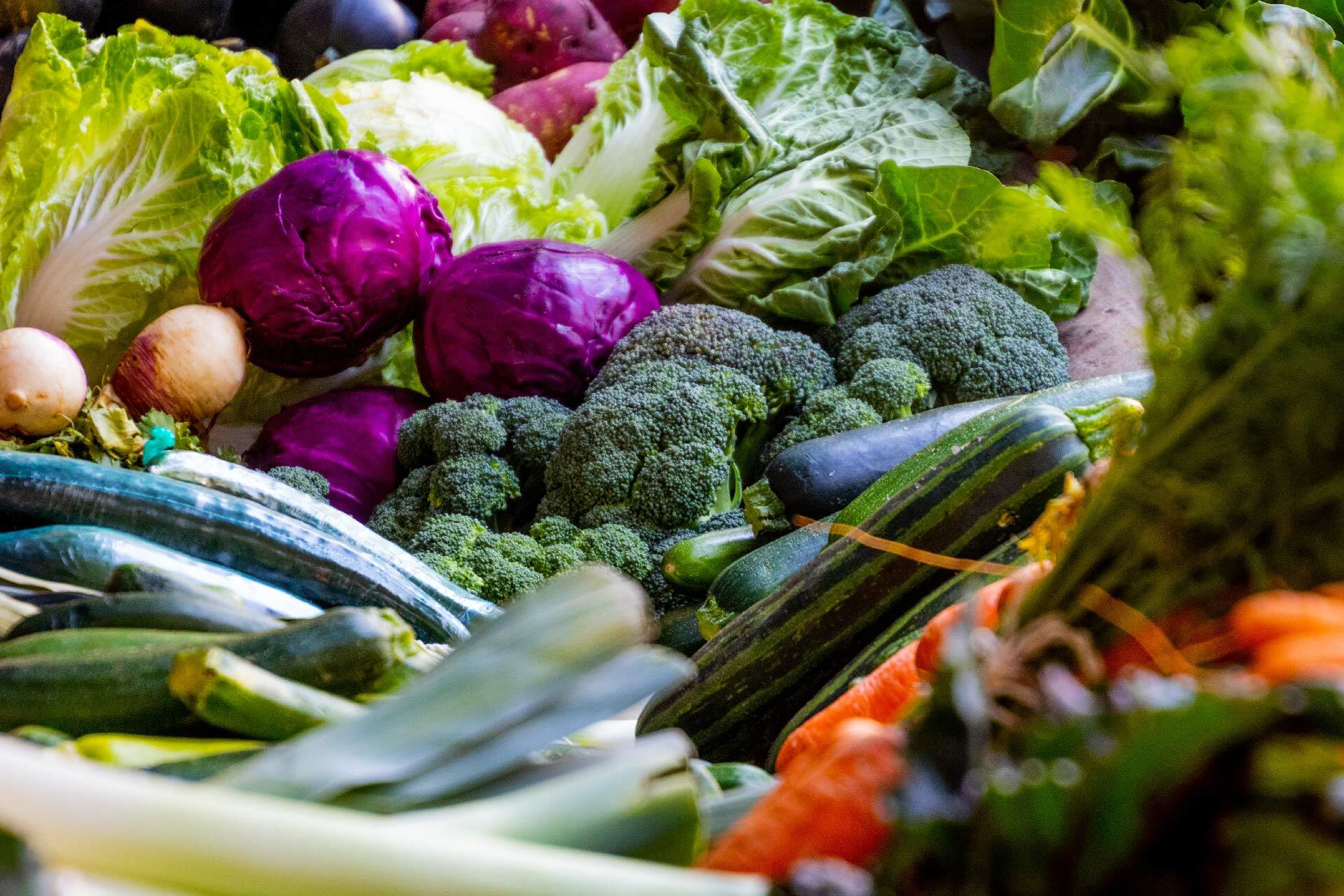
There is a lot of talk and research[1] in recent years about gut health, the gut microbiome, microbiota and its importance to overall health. You may be asking what is all of this and do I need to be making diet and lifestyle changes? Is my current gut health causing health challenges?
The area of gut health is complex, and we still have a lot of science to learn. The good news is even though things are not crystal clear we do know that by following a healthy diet with plenty of plant foods (including wholegrains, vegetables, fruits, nuts and seeds), healthy fats, minimal processed foods and alcohol and with some lean meat and fish if we choose we can influence positively our gut health and quite quickly see change.
Remember that gut health is individual and although there are some general guidelines you should seek personalised advice.
What is your gut?
The gut is your gastrointestinal tract, often shortened to GIT; starting at your mouth and including your stomach and intestines going right through to the anus. It is where lots of the magic happens, breaking down your food with lots of digestive processes so your food can be turned into nutrients small enough at to be absorbed into your blood stream and travel throughout the body. When the gut is not working efficiently nutrients can miss out on absorption. You can read more about maximising the nutrient absorption from your food in one of our other blogs - ‘6 ways to get more nutrients from what you eat’
What is the gut microbiota and microbiome?
To help with digestion, the gut contains trillions of micro-organisms including more than 1000 species of bacteria, fungi and viruses. These bugs are known as the gut microbiota, and their genetic material is known as the gut microbiome. The number[2] of genes in the microbiome outnumber that of the human genome! This makes up your own ecosystem, all living together in your gut. You are born with a sterile gut that very quickly starts to colonise and develop at birth influenced by your surroundings and the food you eat.
What are the health benefits of a good gut microbiome?
We need a healthy microbiota and it needs us. A healthy gut microbiome we believe is one with lots of different micro-organisms. The right balance is different between people and we are still learning what is a good mix. We do know diversity is important. The microbiota helps to keep us healthy in many ways:
- By breaking down fibre and fermenting it to produce short chain fatty acids. These can enter the circulation and signal[2] to other parts of the body effecting mood, appetite and the immune system.
- Producing vitamin K.
- Maintaining the intestinal lining which acts as a barrier to pathogens (bad bacteria, viruses).
- Reducing inflammation in the gut to reduce the risk of inflammatory bowel disease[2] when the microbiota composition is in good balance.
What is an unhealthy gut?
An unhealthy gut is often one with minimal diversity of micro-organisms. The balance can be easily changed by your diet, smoking, environmental pollutions and illness. With less diversity the bad bacteria can take over and start to feed on the protective coating of the gut, exposing the lining to pathogens and causing inflammation.
With an unhealthy gut, symptoms such as indigestion, excessive bloating associated with discomfort, irregular bowel habits and irritable bowel syndrome symptoms may occur. If you experience these regularly you should consult a health care professional such as an Accredited Practising Dietitian and GP to determine the cause and implement a plan.
What food is good for a healthy gut?
- Eat plenty of plant foods to feed your gut bacteria to start your journey towards a healthy gut. The gut microbiota relies on the food we eat. Plant foods contain fibre they ferment, unlike animal products that lack dietary fibre. That doesn’t mean you can’t eat animal products, just ensure there is a focus on fibre rich plants.
- If you don’t already include legumes or lentils see how you can. These are particularly rich in dietary fibre called prebiotic fibre that the bacteria ‘eat’ (ferment) producing the beneficial short chain fatty acid gases.
- You can also eat foods that contain live bacteria such as yoghurt, kefir, Filmjolk, kombucha and kimchi (watch the salt). Some of the fermented foods such as sauerkraut are beneficial for the cabbage vegetable they are, the live cultures they may have and the metabolites from the bacterial fermentation the food then contains.
- Drinking less alcohol and more water is also important for your gut health.
- Enjoy your food and eat it mindfully as our gut and brain are constantly ‘talking’ and when we are stressed you often feel it in your gut, take five to meditate!
You know the saying, ‘I have a gut feeling,’ let’s make it a good one, cheers to good gut health!
Reference:
- Cani PD Human gut microbiome: hopes, threats and promises Gut 2018;67:1716-1725.
- Cox LM, Weiner HL. Microbiota Signaling Pathways that Influence Neurologic Disease. Neurotherapeutics. 2018;15(1):135-145. doi:10.1007/s13311-017-0598-8
